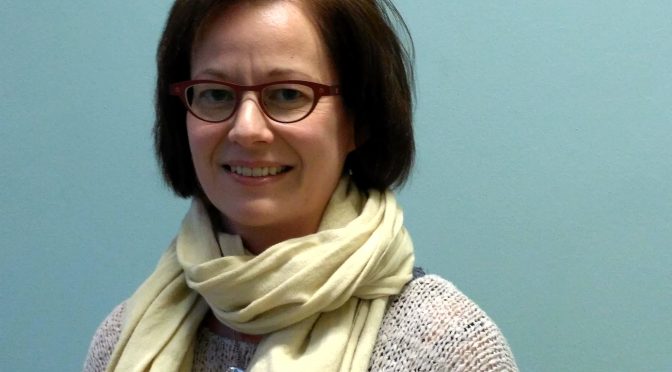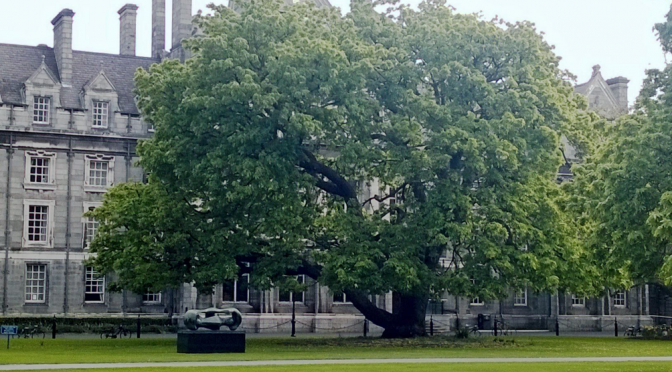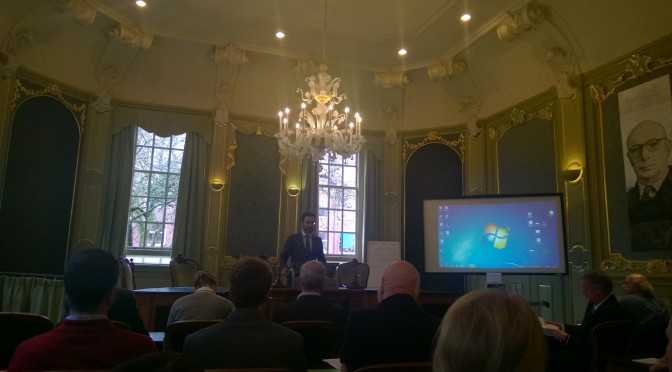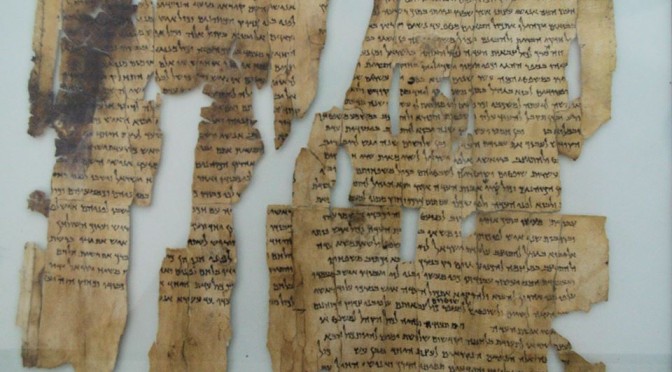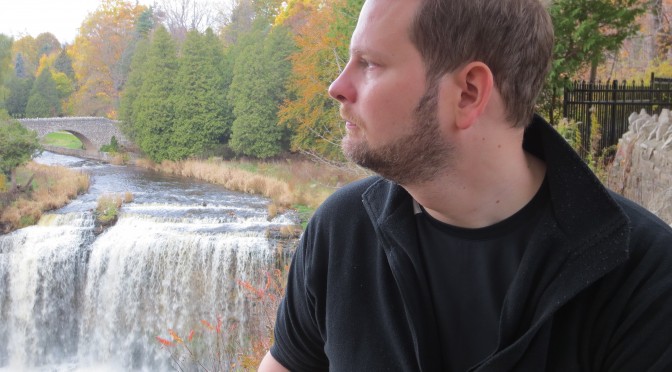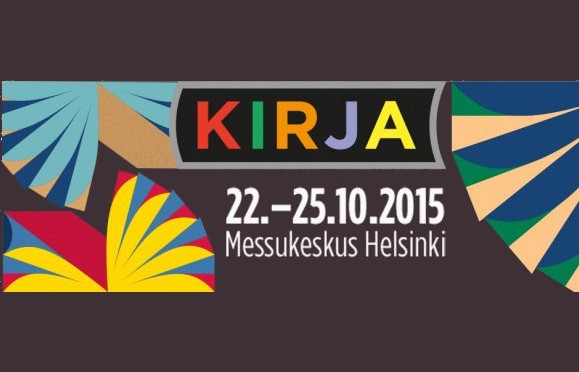By Jutta Jokiranta.
Recent “Post-2002 Dead Sea Scrolls Fragments” have created a lively debate and brought forward new challenges to which the academic community does not yet have ready-made policies.
In summer 2017, SBL International Meeting in Berlin (Qumran and Dead Sea Scrolls Unit) held sessions on “Tracing and Facing Possibility of Forgeries: Methodology, Ethics, Policies.” Seven papers discussed the question of authenticity of recently surfaced Dead Sea Scrolls-labelled fragments that belong to private or institutional collections.
CSTT was involved in livestreaming those sessions, which are available for viewing on our YouTube-channel. Several authors have published their doubts of authenticity in the recent Dead Sea Discoveries 24 (2017).
Sidnie Crawford, University of Nebraska – Lincoln, Presiding
Kipp Davis, Trinity Western University
“Scaffolding Non-Overlapping Magisteria: Philology, Science and Journalism in the Study and Publication of Non-Provenanced Judaean Desert Manuscripts”
Michael Langlois, Université de Strasbourg
“Assessing the Authenticity of DSS Fragments Through Palaeographical Analysis”
Torleif Elgvin, NLA University College, Oslo
“Copying Modern Text Editions in the Post-2002 Scrolls Fragments”
Ira Rabin, BAM Federal Institute of Materials Research and Testing
“The Contribution of Material Analysis to the Identification of Forged Writing Materials”Jutta Jokiranta, University of Helsinki, Presiding
Sidnie White Crawford, University of Nebraska – Lincoln, and Ryan Stokes, Southwestern Baptist Theological Seminary
“Looking for Forgeries in the Southwestern Baptist Fragments”
Årstein Justnes, Universitetet i Agder
“The Post-2002 and the Post-2009 Dead Sea Scrolls-like Fragments: A Timeline”
Andrew B. Perrin, Trinity Western University
“Ignoring, Engaging, or Incorporating Non-Provenanced Aramaic Fragments in Secondary Source Publications and Research Projects”
Questions around these topics are many: What are the ways to identify forgeries? Which features are decisive, which are suggestive? Should unprovenanced materials be studied and published in the first place, and if yes, on which terms? What should be done when scholars disagree? Should new fragments be listed among previous discoveries if there are doubts about their authenticity, and if yes, how? What should be done with already published materials if suspicion is raised? Which terms should a scholar agree if asked to evaluate new material? How should the academic community take initiative and bear responsibility and what can be done in legal and ethical terms?
An individual scholar can hardly be an expert in all aspects related to provenance and authenticity issues, and new cooperation and team work are needed. The SBL Annual Meeting in Nov 2017 will have several sessions dealing with provenance and forgery questions (collected here). Next summer SBL International Meeting 2018 in Helsinki will continue the discussion; call for papers for the session on “Ethics and Policies regarding Unprovenanced Materials” is open.
Some recent links:
University of Agder site collecting data and publishing observations and viewpoints: https://lyingpen.com/
Trinity Western University Dead Sea Scrolls Institute YouTube channel: https://www.youtube.com/channel/UCpt-jmAbCL1_2i6Oj1VBWEQ
Science Magazine article on Museum of the Bible: http://www.sciencemag.org/news/2017/10/can-museum-bible-overcome-sins-past
Times of Israel article on Dead Sea Scrolls scam: https://www.timesofisrael.com/dead-sea-scrolls-scam-dozens-of-recently-sold-fragments-are-fakes-experts-warn/

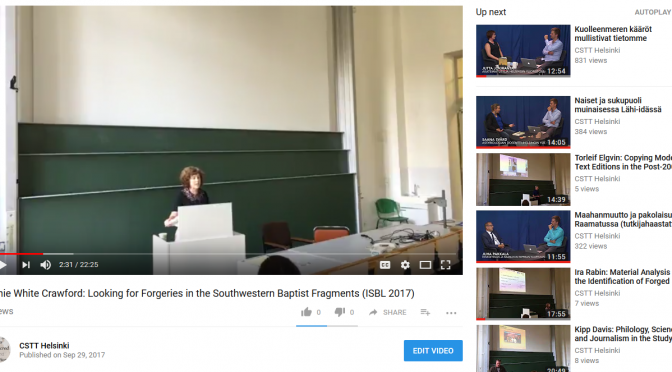
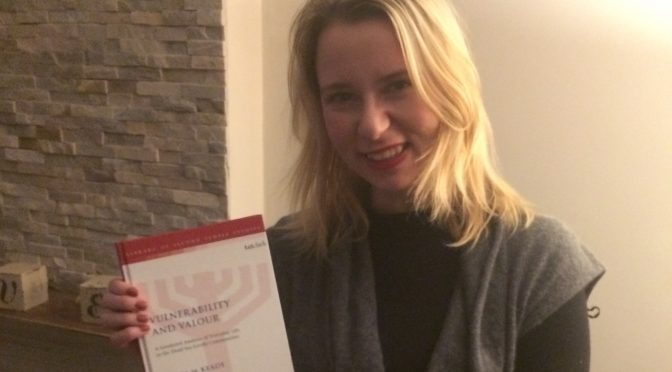
 Jessica M. Keady uses insights from social science and gender theory to shed light on the Dead Sea Scrolls and the Qumran communities. Through her analysis, Keady shows that it was not only women who could be viewed as an impure problem, but also that men shared these characteristics as well.
Jessica M. Keady uses insights from social science and gender theory to shed light on the Dead Sea Scrolls and the Qumran communities. Through her analysis, Keady shows that it was not only women who could be viewed as an impure problem, but also that men shared these characteristics as well.